Check out these innovative technologies that are shaking up the travel sector in 2025
From AI travel planners to apps that allow keyless entry at your accommodations, new technologies continue to shake up the travel sector in 2025.
Below, we’ll examine exciting developments in this industry that straddles the retail, hospitality, and food service markets. Article by Cara Siera.
Employment in the Travel Sector
To gain employment in the travel sector, you need to have an interest in people, places, and know how to describe relevant work experience on a resume. That might include certificates or degrees in hospitality as well as hands-on experience working as a tour guide, flight attendant, hotel manager, or the like. That hasn’t changed much.
What has changed in recent years, is that the job search and application process - and often, even interviews and on-the-job training - can take place online.
Today, however, many are turning to digital technology to monetize their travel experience or create passive income streams. Here are three examples:
● Travel influencers create video content on platforms like Instagram and YouTube. This can include travel guides, reviews, tips, or travel hacks. Users monetize their content via ads or by selling paid products and services.
● Tour operators and other knowledgeable individuals are using platforms like SmartGuide to create self-guided digital tours. Users pay a small fee to access the tour, which might be a local walking tour, a pub or foodie crawl, or an entire trip itinerary. They are then guided using pre-recorded audio or video, text, and interactive maps with GPS capabilities.
● While the advent of self-service online airline ticket purchasing nearly did in the travel agent in the early 2000s, travel advisors and planners are in the midst of a renaissance. Tech startup Fora Travel has made travel agent training and host agency access easy and affordable for thousands of travel advisors around the world. They, in turn, have booked millions of dollars in travel for their clients during the past year.
Access at Your Fingertips
Internet enabled smartphones are more embedded in daily life than ever before. That doesn’t end when you head off on holiday. Not only do you rely on Google Maps or Waze to get you where you’re going, but the following apps can add convenience and enrich your travel experience.
● Many hotels and other accommodations now offer contact free check-in and keyless entry via their apps. For example, the Marriott Bonvoy app allows you to request and be notified about early check-in availability. When you arrive, tap your smartphone against the door lock instead of keeping up with a room key.
● Many restaurants now allow you to book and manage reservations via websites and apps like OpenTable. You can view what’s available and receive reminders when your reservation time is getting near.
● Many events now offer only digital tickets rather than physical, printed paper tickets. For example, the Ticketmaster app allows you to purchase tickets to concerts and other events, transfer them to other attendees, and gain entry to the venue by scanning the ticket from your smartphone. Many events also send attendees digital “souvenir” tickets to fill the emotional gap left by the paper tickets.
● More retail locations are using advanced AI technologies like camera enabled contactless payment, often called Just Walk Out technology. Whether you’re visiting a stadium for a concert or sporting event, an airport, a hospital, a theme park, a college campus, or a convenience store, you might find yourself walking through a turnstile, collecting your items for purchase, and just walking out without a traditional checkout.
Work from Anywhere
The Covid -19 pandemic opened up opportunities for remote work like never before. Since then, digital nomads have embraced the work-from-anywhere and expat lifestyle.
A number of technologies have facilitated this. Websites like Upwork, Fiverr, Textbroker, and Ocus have connected freelancers with gigs that fit their skill sets.
Remote work invariably requires a strong internet connection. Mobile hotspots with global access have become a handy tool, preventing the need to hop from coffee shop to cyber cafe. For example, the hockey-puck-sized Solis hotspot can hop onto cellular networks in more than 140 countries without the need to buy or switch out SIM cards.
AI Travel Planning
Some brave and intrepid travellers have turned to artificial intelligence (AI) for travel planning advice. For example, the New York Times published a case study last year of a reporter who let AI plan their first trip to Norway. Pro tip: Remember to fact-check the details before you go.
But AI can do more than help you create a bucket list adventure. AI is shaking up “how we book online, what happens when flights are cancelled or delayed, and even how much we pay for tickets.” The result? Surveys have suggested that AI-powered booking can result in a smoother experience at the airport, but rising ticket prices on sought-after flights.
Key Takeaways
The travel industry is booming, with a record setting $11.1 trillion spent on travel worldwide in 2024. Its adoption of emerging technologies touches the retail, hospitality, and restaurant industries. Whether you’re looking for work or planning a holiday, you’ll no doubt experience the effects of AI and other digital technologies.
















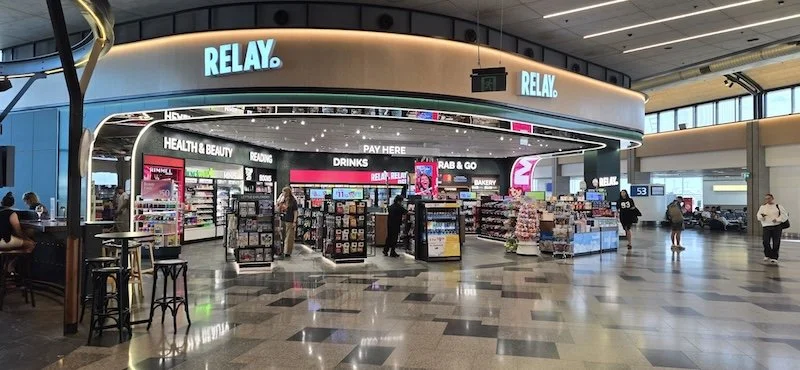

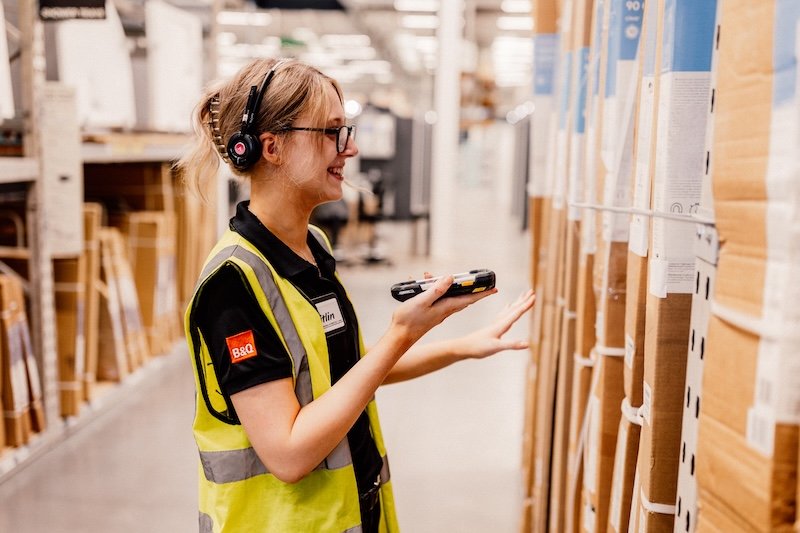

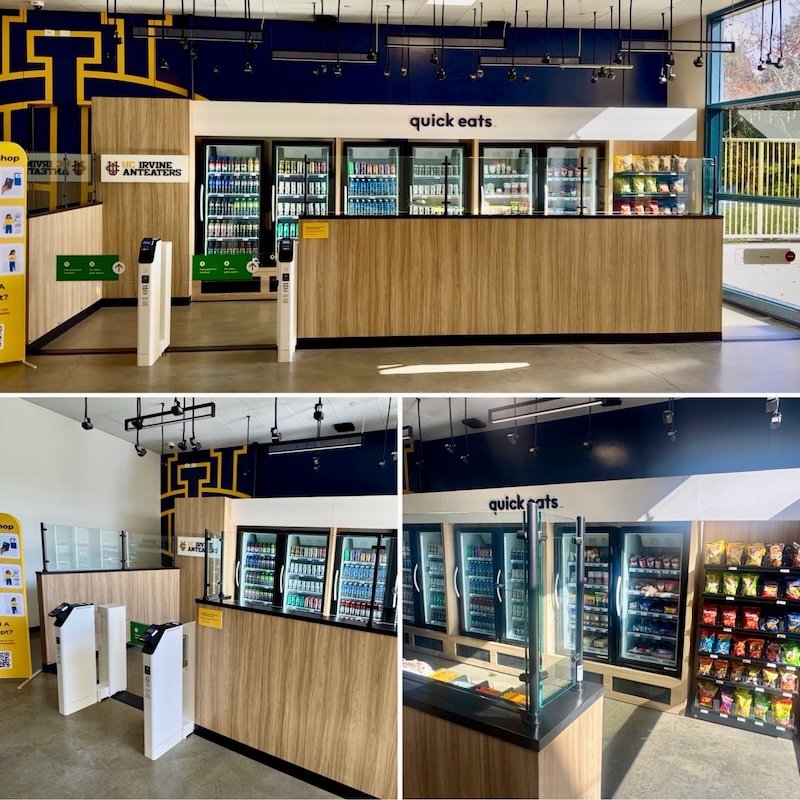
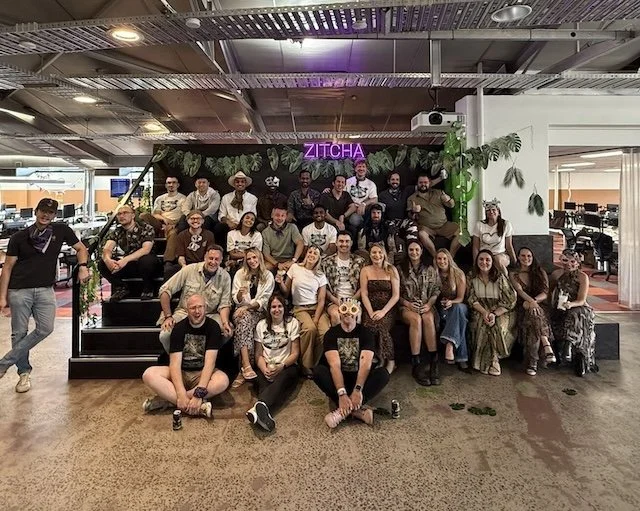




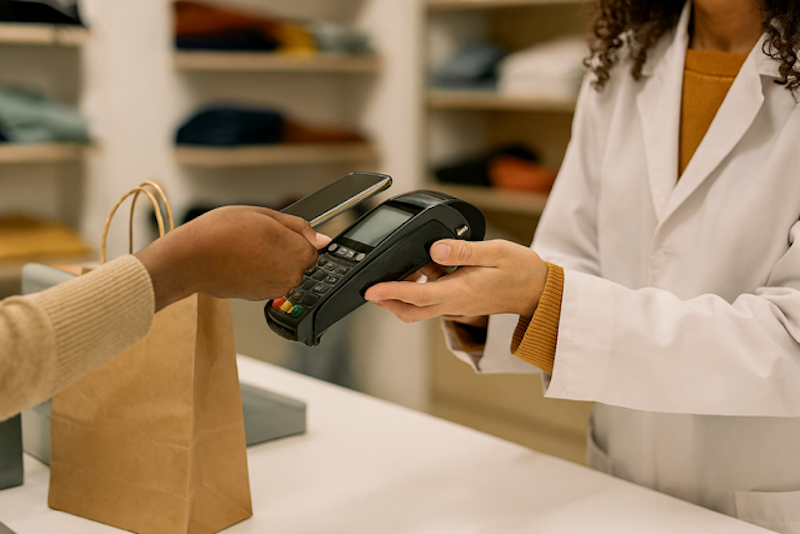
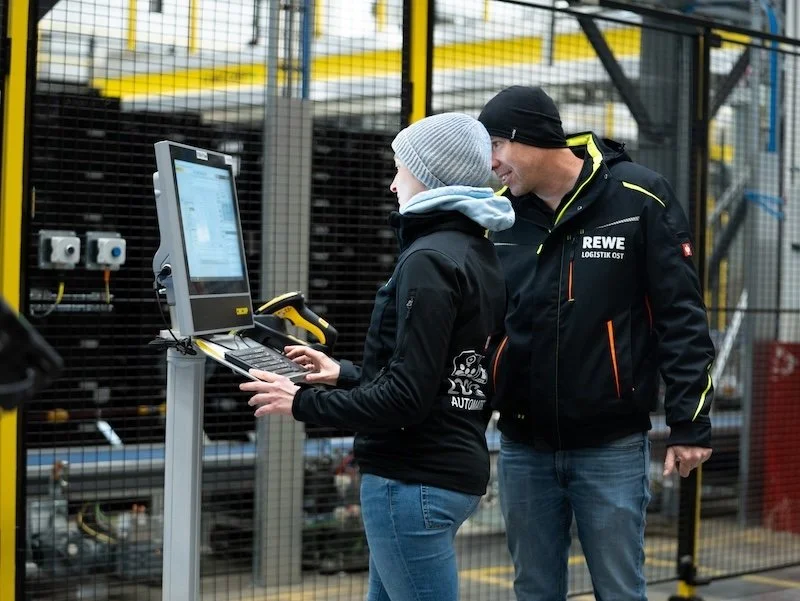
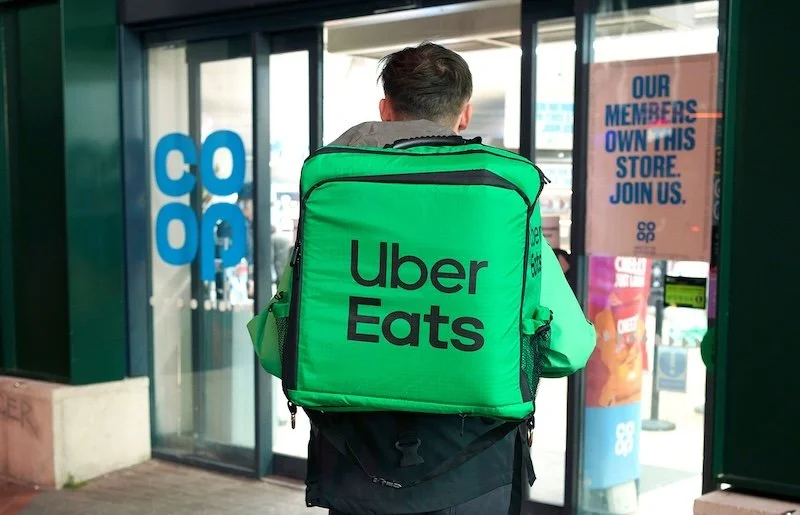


Continue reading…